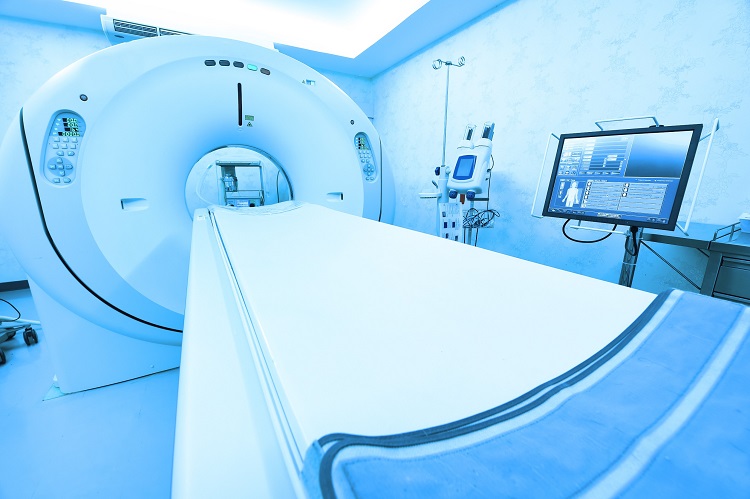AI Algorithm Analyzes MRI Scans to Determine Best Rectal Cancer Treatment Strategy
Posted on 27 Sep 2024
Rectal cancer patients typically follow a standardized treatment protocol that often requires surgery, which carries risks and potential complications, including a reduced quality of life. There is a pressing need for improved markers to evaluate the risk of metastasis and invasion, allowing for personalized therapy recommendations that maximize survival chances. Researchers are now developing an artificial intelligence (AI) algorithm to analyze magnetic resonance imaging (MRI) scans and provide better insights into how rectal tumors respond to treatment.
The AI tool, known as the computational image Rectal Response Classifier (ciRRC), is being developed by researchers at Case Western Reserve University (Cleveland, OH, USA) to enhance the analysis of MRI data beyond the capabilities of human evaluation. Once fully developed and validated, the tool is expected to enable doctors to offer tailored precision oncology treatments. With advancements in treatment options, such as newer combinations of chemotherapy and radiation therapy, ciRRC could help identify patients who may be resistant to certain regimens. This would allow doctors to suggest alternative treatment options, helping patients avoid unnecessary complications and make informed decisions about their treatment level. The researchers also plan to conduct a multi-institutional validation of ciRRC to broaden its potential clinical impact.

Related Links:
Case Western Reserve University














